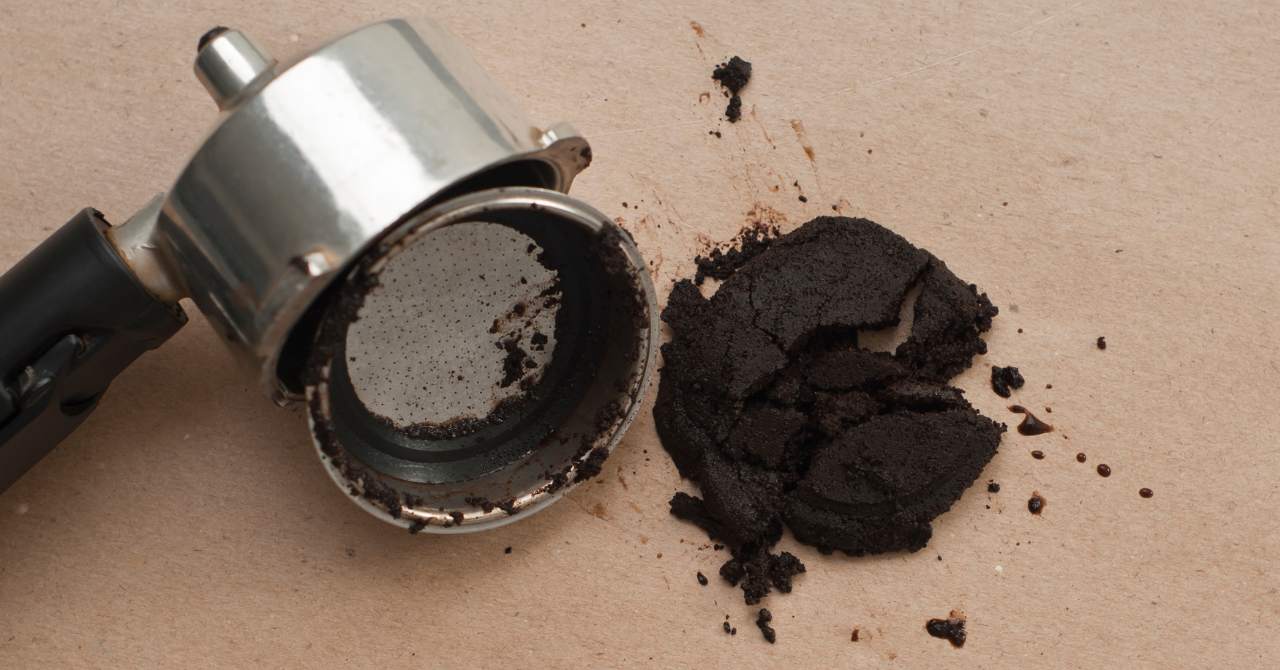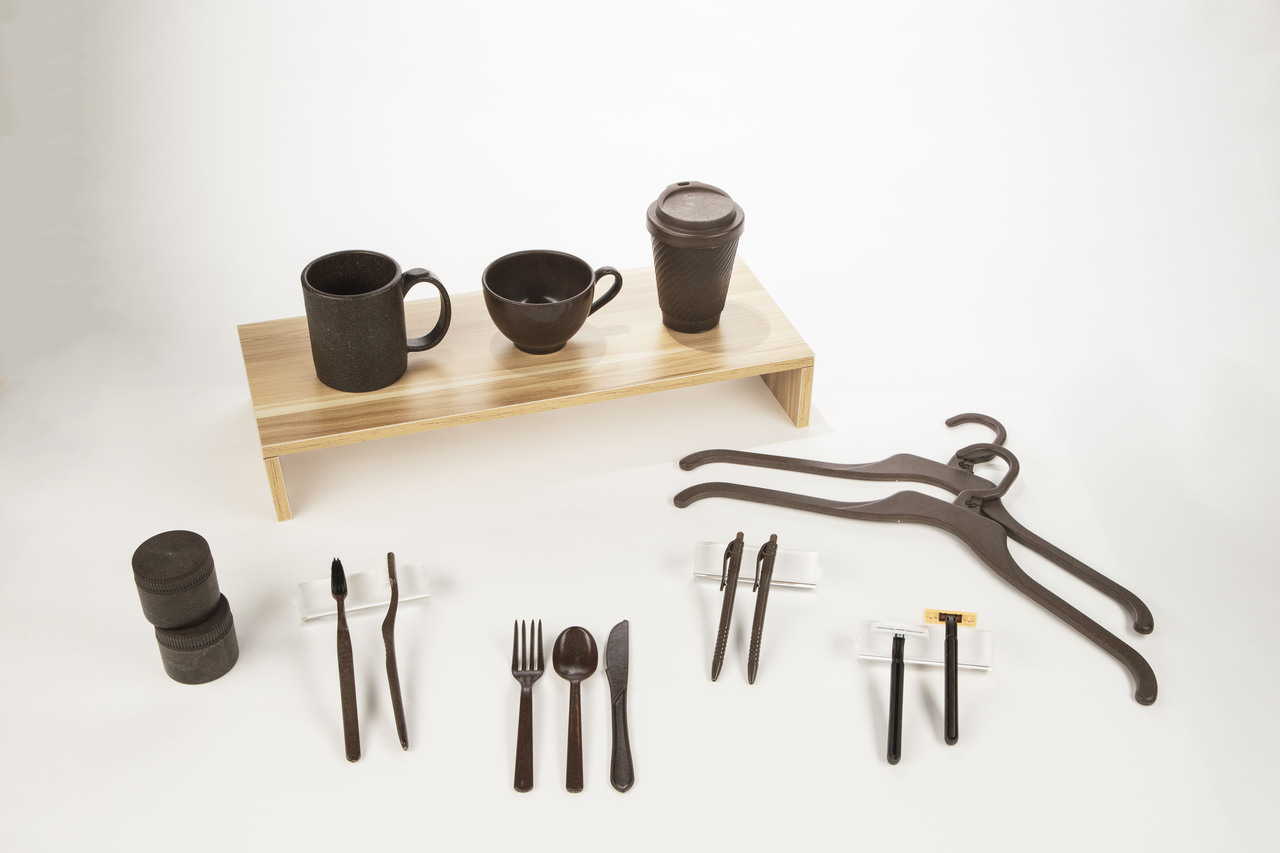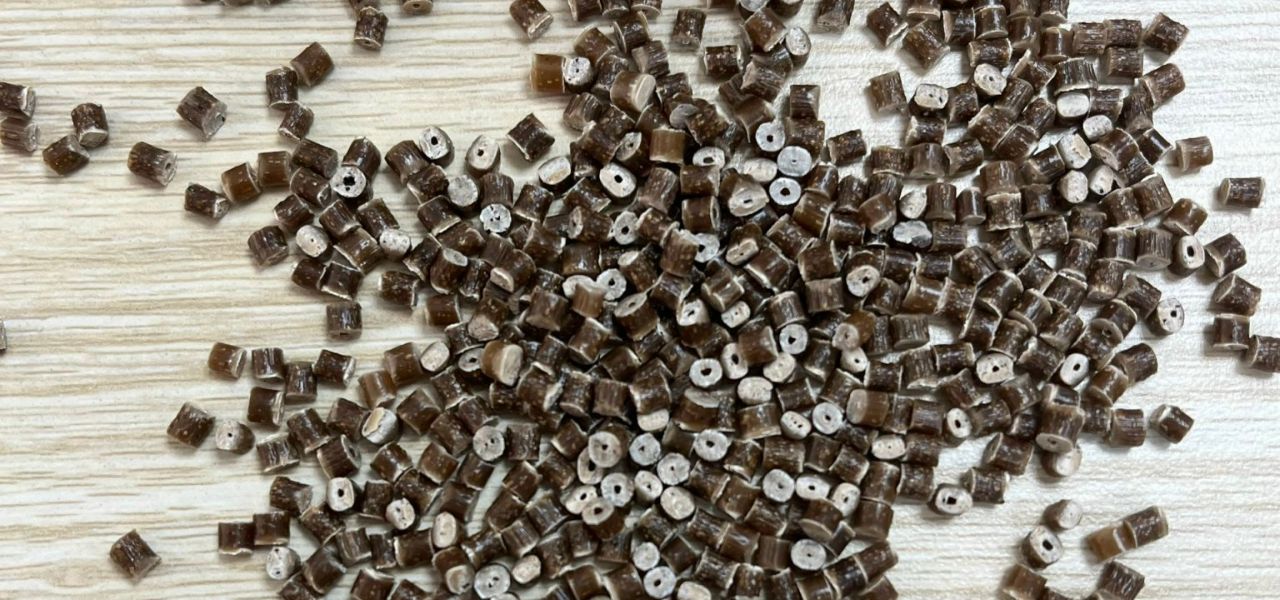No More Coffee Waste With Bio-composite Made From Coffee
Coffee is one of the most beloved beverages worldwide, enjoyed by millions of people every day. However, the process of coffee production generates a significant amount of waste, such as coffee grounds.
Instead of letting this waste end up in landfills, innovative solutions have emerged to transform coffee grounds into a valuable resource: bio-composite made from coffee.
Overview of the coffee waste problem
Coffee has become one of the most popular beverages worldwide, with millions of people consuming it daily. However, the production and consumption of coffee also generate a significant amount of waste, contributing to environmental challenges.
One of the primary concerns is the greenhouse gas emissions associated with coffee waste decomposition. When coffee grounds decompose in landfills or wastewater treatment systems, it releases methane, a potent greenhouse gas that contributes to climate change. Moreover, improper disposal of coffee waste can lead to water pollution, as the organic compounds and chemical residues in the waste can contaminate water bodies, harming aquatic ecosystems.

Coffee grounds decompose in landfills or wastewater treatment systems that contributes to climate change.
Businesses, researchers, and organizations are exploring innovative approaches to turn coffee waste into valuable resources, such as bio-composite made from coffee.
Development of Bio-composite made from coffee
The development of bio-composite made from coffee grounds represents an innovative solution to address the coffee waste problem while simultaneously creating valuable materials.
The process of creating bio-composites from coffee grounds involve several steps:
- Collection of Coffee Waste: Coffee waste, such as coffee grounds, is collected from coffee processing facilities, coffee shops, or other sources. This waste is typically obtained after the coffee beans have been extracted for brewing.
- Cleaning and Preparation: The collected coffee waste is thoroughly cleaned to remove any impurities, such as paper filters or other contaminants. This step ensures that the final bio-composite material is of high quality and free from unwanted substances.
- Drying and Grinding: The cleaned coffee waste is then dried to reduce its moisture content. Once dried, the coffee waste is ground into fine particles, creating a coffee waste powder or coffee biomass.
- Mixing with Bio-based Resins: The coffee grounds powder is combined with bio-based resins, which act as a binding agent. These resins are derived from renewable sources such as plant oils or starches. The mixture of coffee waste and bio-based resins is thoroughly blended to ensure a homogeneous distribution of the materials.
- Molding and Shaping: The blended mixture is then molded into the desired shape or form. This can be done using various techniques, including compression molding, injection molding, or extrusion. The molding process enables the coffee waste and bio-based resins to form a solid composite structure.
- Curing and Finishing: The molded bio-composite is subjected to a curing process, which allows the bio-based resins to harden and strengthen the material. After curing, the bio-composite may undergo additional finishing processes, such as sanding or polishing, to achieve the desired surface texture and appearance.
- Application and Usage: The final bio-composite made from coffee can be used in a wide range of applications. It can be utilized in industries such as packaging, furniture manufacturing, automotive, and construction. The bio-composite offers similar performance characteristics to traditional materials while providing the added benefit of being environmentally sustainable.

Bio-composite made from coffee grounds has a wide range applications.
Advantages of Bio-composite made from coffee
Environmental Benefits
By utilizing coffee waste as a raw material, these composites help divert coffee grounds and husks from landfills, reducing waste and preventing environmental pollution. The production process of bio-composite emits fewer greenhouse gases and consumes less energy compared to conventional materials, contributing to lower carbon emissions and a reduced ecological footprint.
>>>> Learn more at: The Promising Role of Bio-based Raw Materials in Reducing Carbon Footprint
Performance and Versatility
Bio-composite made from coffee possess strength, durability, and stability comparable to traditional materials, making them suitable for a wide range of applications. Whether in packaging, construction, furniture, or consumer goods, these bio-composites offer versatility and can meet the functional requirements of various industries.
Sustainable and Circular Solution
Bio-composite made from coffee represents a sustainable and circular solution. By utilizing coffee grounds, they contribute to the circular economy by repurposing a byproduct that would otherwise go to waste. These composites embrace the principles of sustainability, utilizing renewable and biodegradable materials that reduce reliance on fossil fuels and minimize the environmental impact of the product's life cycle.
Lightweight and Design Freedom:
Bio-composite made from coffee offers lightweight properties, which can be advantageous in various applications. Their lightweight nature makes them suitable for applications where weight reduction is desired, such as automotive parts or aerospace components. Additionally, these composites provide design freedom, allowing for complex shapes and customization, which is beneficial for industries that prioritize aesthetics and product differentiation.
Coffee bio-composites provider
Bio-composite made from coffee is provided by AirX, a pioneering company based in Vietnam. AirX specializes in the production and trading of coffee bio-composites. They have successfully developed bio-composite materials by combining coffee grounds with recycled plastics such as PP, PE, ABS, and PLA.

By harnessing the potential of coffee grounds, a byproduct of the coffee industry, AirX is able to turn waste into a valuable resource. The carbon content found in coffee grounds offers a unique opportunity to create bio-based materials that have a lower carbon footprint compared to conventional plastics.
The use of bio-composite made from coffee grounds in various applications presents a sustainable alternative to traditional plastics. By utilizing coffee grounds, AirX contributes to the circular economy by repurposing a byproduct that would otherwise end up in landfills. Their innovative approach promotes resource efficiency and reduces the reliance on virgin materials derived from fossil fuels.
Contact us
AirX is the world's first carbon-negative bio-material made from coffee grounds manufacturer.
We specialize in producing bio-based composites using recycled carbohydrates derived from by-products such as coffee grounds, coconut husk, husk, and bamboo. Our goal is to promote sustainability through the use of eco-friendly materials.
We are always here to help and provide the best service possible. If you have any questions or would like to receive advice and feedback directly from our sales staff, please do not hesitate to contact us. You can reach us through:
- Whatsapp: +84 969 742 950
- Email: [email protected]
We look forward to hearing from you!

